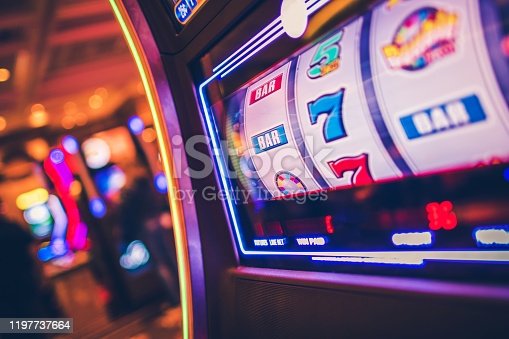
The slot HTML element is a component of the Web Components technology suite. Its name attribute, global attributes, and use of DOM trees allows you to create separate tree structures for individual elements. If you have a slot with a name attribute, you are referring to a named slot. Listed below are some common uses of slots. These include: Video slots, Three-reel machines, Games with flat top jackpots, Hand-pay machines, and games with a name attribute.
Video slot machines
A major selling point of video slot machines is the tax revenue they generate. Local governments get a small percentage of these machines’ revenue, but they are not entirely free from them. Many video slots come with a pay table in which you can find out what credits you’ll receive if certain symbols line up. These tables are typically located on the face of the machine, either above or below the wheels. In newer video slots, the pay table can be found in the help menu.
Three reel machines
The three reel slots were among the first types of slot machines to hit the market. These slots are designed with three rows of symbols and nine paylines, but their potential is not as high as those of the five-reel slots. Also, three-reel slots often don’t have bonus features. However, these machines can be a fun way to test the waters of the online slot world. Read on to learn more about these games.
Games with a flat top jackpot
When it comes to slot machine jackpots, the classic ones tend to be fixed at a certain amount and will not increase until the jackpot is won. These machines are known as “flat tops,” and they give players better odds to win the big prize. Progressive jackpots, on the other hand, increase with every bet a player makes, until the jackpot is won. This means that the frequency of winning a jackpot in these types of machines is on par with winning the lottery.
Hand pay
When a slot machine encounters hand pay, the patron cannot receive the usual payout from the machine. Instead, casino staff will have to retrieve the funds and pay the patron directly. Hand pay occurs when the coin in and coin out system fails to operate properly. The mechanism may not be able to handle large wins, so the patron has to use an excessive number of coins to collect the winnings. This issue is typically only a problem with large wins, though it does happen in rare circumstances.